According to the Office of National Statistics (ONS) the UK’s Consumer Prices Index (CPI) dropped to 9.9% in August after a 10.1% increase in July.
The ONS results show the cost of fuel as being the main reason for the decrease in inflation as the cost has dropped by 6.8%.
A litre of petrol fell from an average price of £1.90 in July to £1.75 in August. This is the highest drop in fuel since the early stages of the Covid-19 pandemic in March 2020.
However, the cost of food is still causing inflation to rise. ONS reported that the cost of food has risen to 13.4% from 12.8% in the summer.
Services prices have also increased. In August they have reached 5.9% as opposed to them being 5.7% in July.
With the cost of food continuing to rise, the Resolution Foundation think tank reported that cost-of-living pressures are still affecting families.
Jack Leslie, a Senior Economist at Resolution Foundation said inflation is set to be with us ‘for some time’ – particularly for low-income households who continue to be hit the hardest.
The increased prices of services and foods is also putting pressure on the Bank of England to increase their interest rates.
Paul Dales, Chief UK Economist at the Consultancy Capital Economics has said: ‘Overall and core UK CPI inflation haven’t peaked yet. As such, the Bank of England will have to continue turning the screws.’
The bank’s Monetary Policy Committee are set to meet next week where it is expected that the official interest rate will rise to at least 3% by the end of the year.
Kitty Ussher, chief Economist at the Institute of Directors said: ‘The fact that the falling headline rate is due to changes in the price of petrol and diesel means today’s news is unlikely to alter expectations of a rise in interest rates when the Bank of England meets next week.’
Photo by Dawn McDonald












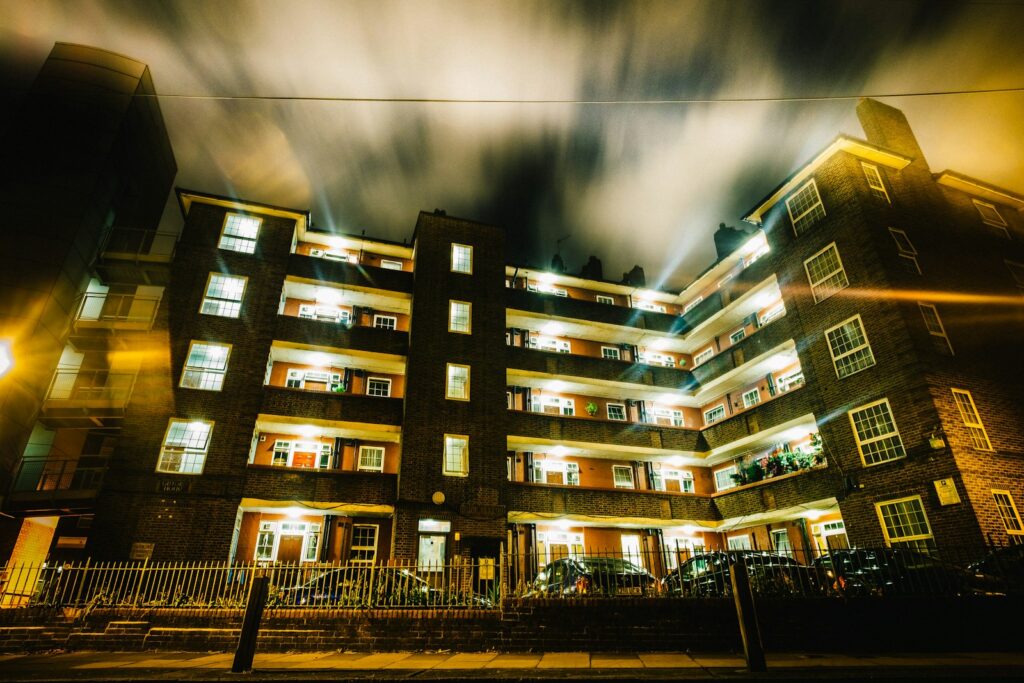
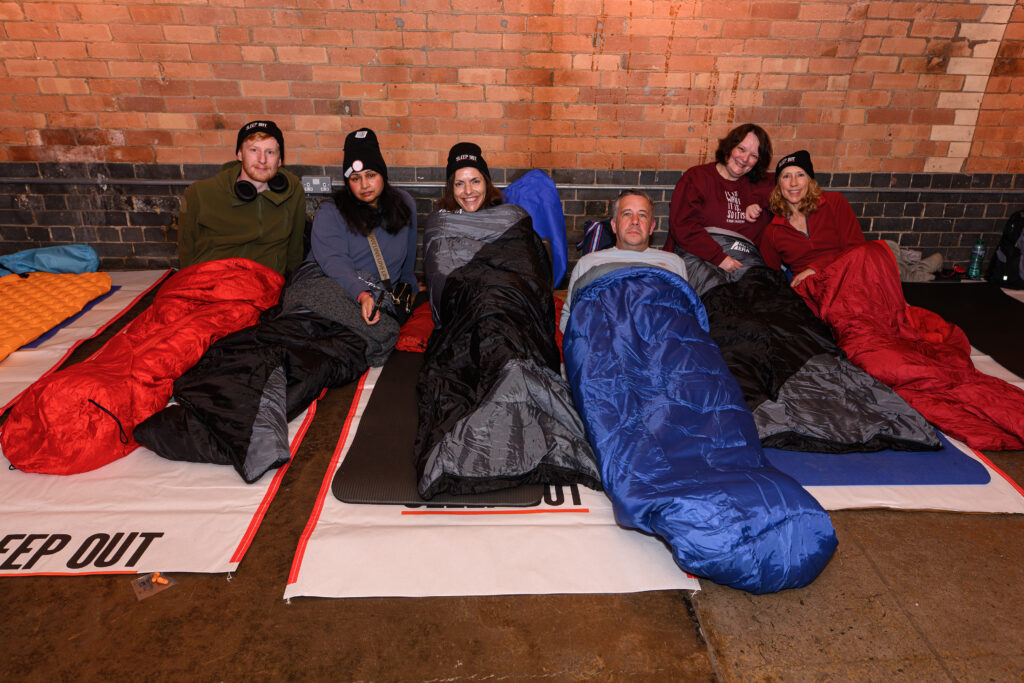
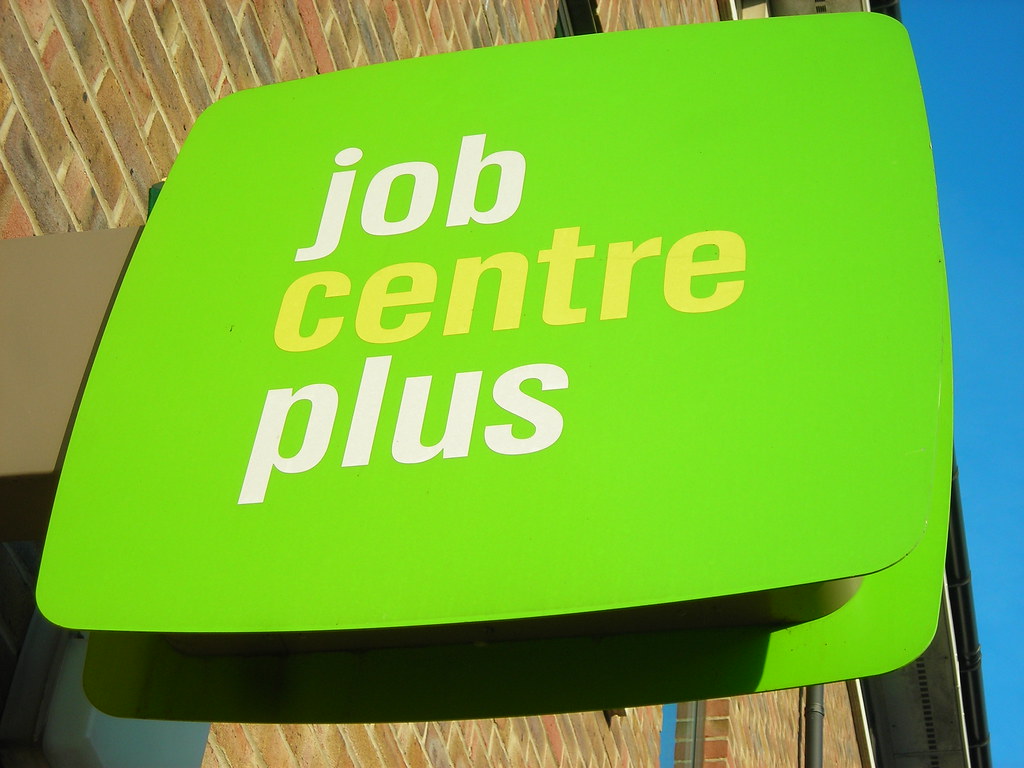
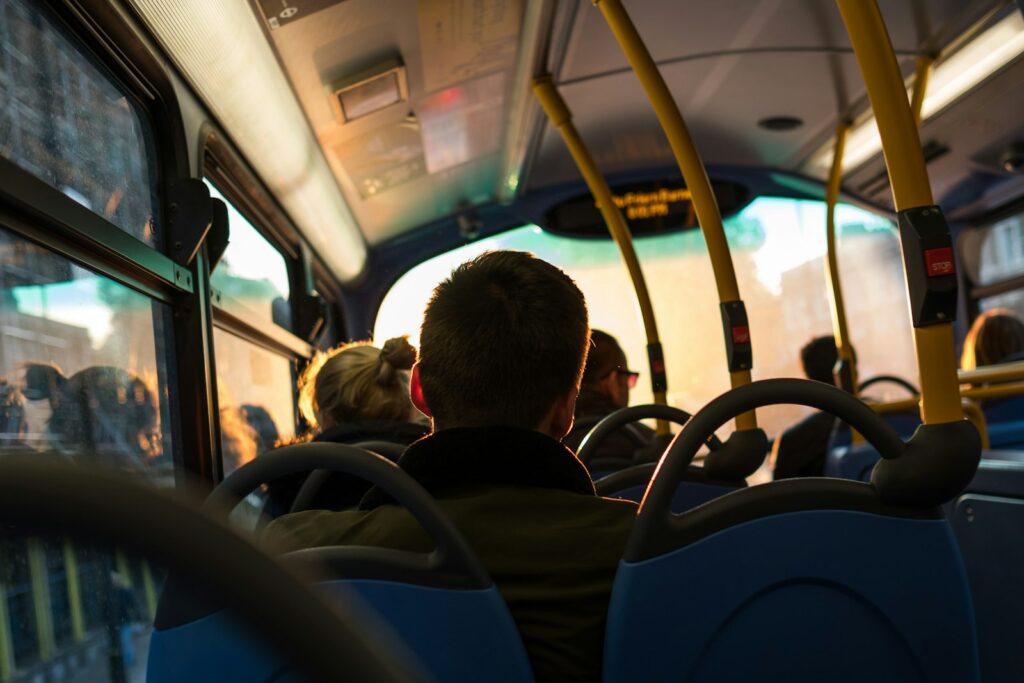
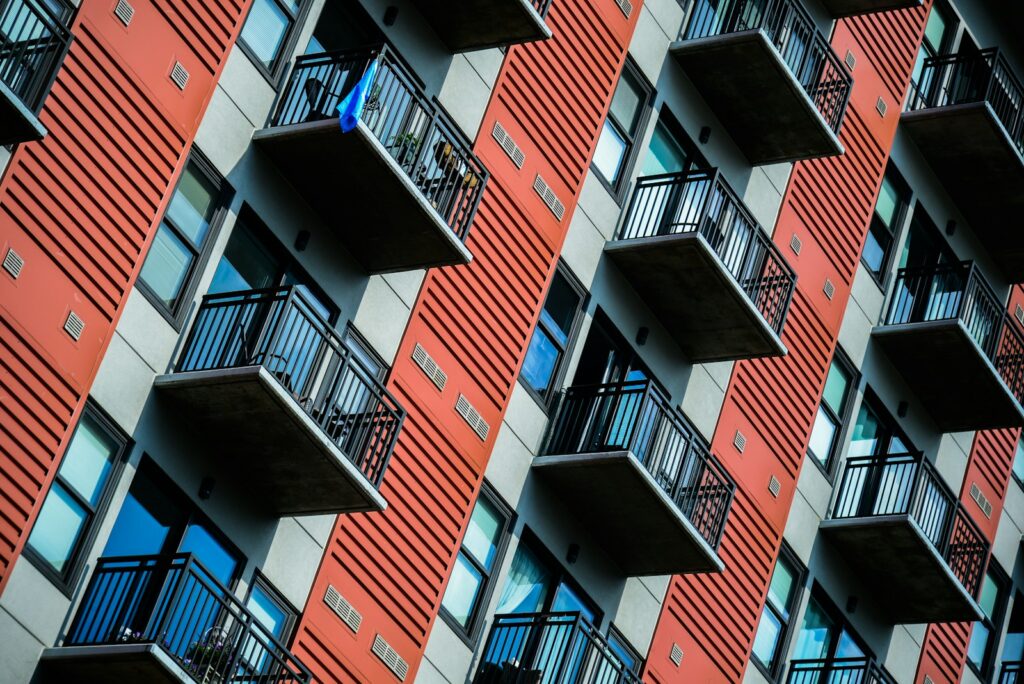

Leave a Reply